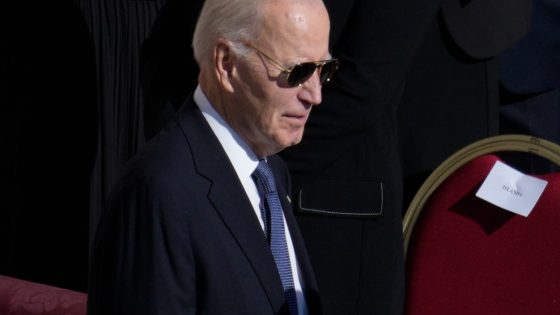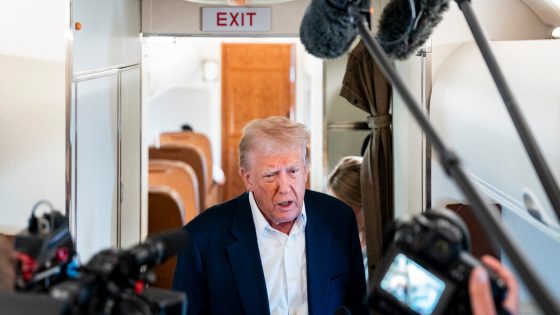In recent discussions surrounding U.S. foreign policy, President Biden criticized former President Trump’s approach to the war in Ukraine, calling it “modern day appeasement.” This statement highlights the ongoing debate about America’s role in European security, especially following a February meeting where Trump accused Ukraine’s president of being insufficiently grateful for U.S. support.
- Biden criticizes Trump's rhetoric on Ukraine.
- Trump accused Ukraine of ingratitude.
- Biden labels Trump's actions as appeasement.
- NATO's future concerns Biden significantly.
- U.S. allies supported America post-9/11.
- Minerals deal reached between Ukraine and U.S.
As tensions rise, Biden expressed grave concerns about NATO’s future, emphasizing that a shift in U.S. commitment could alter modern history. His remarks come amid signs of a potential U.S. retreat from its traditional role as a guarantor of European security, a situation that many analysts view as alarming.
On May 7, 2025, Biden reiterated the importance of international alliances, stating that allies stood by the U.S. after the September 11 attacks. How will America’s foreign policy evolve in this changing landscape?
This ongoing debate raises important questions about U.S. leadership on the world stage. Is America prepared to maintain its commitments to NATO and European allies? Key points to consider include:
- Biden’s concerns about NATO’s stability and future.
- The implications of Trump’s foreign policy on U.S. credibility.
- The necessity of international alliances in addressing global threats.
As the geopolitical landscape shifts, it’s crucial for the U.S. to reaffirm its alliances and demonstrate leadership. The future of international relations depends on it.
































